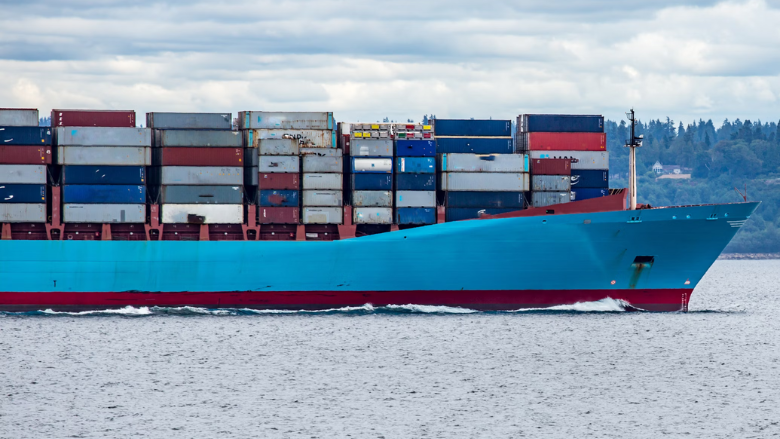A recent publication from the World Trade Organization (WTO), written in collaboration with the Food and Agriculture Organization of the United Nations (FAO), food safety nonprofit SSAFE, the International Seed Federation (ISF), and other experts in food safety and food crime across the supply chain, examines the challenges of fighting food fraud and illegal activities in the food trade. The publication also describes the WTO rulebook and the role the WTO plays in fighting food fraud and illegal food trade.
In this document, the WTO defines illegal food trade and food fraud as “the trade in products intended for eating, drinking or growing that are not what they are supposed to be, do not comply with health or other regulations (e.g. quality), are smuggled or are produced or traded outside legal market frameworks.” Illegal food trade and food fraud cause significant damage to international trade and public health.
The WTO’s rulebook contains agreements that create the legal framework for international food trade and help eradicate illegal trade and fraud. The publication identifies several areas where improvements can be made to discourage criminals from committing illegal trade and food fraud.
Reducing import and export controls. Agricultural smuggling is driven by price differences between origin and destination, which may include price differences resulting from government subsidies. Ongoing WTO agricultural negotiations aim to address import and export controls with the goal of simplifying tariff structures, reducing excessively high tariffs and trade-distorting subsidies, and reducing incentives for smuggling and illegal trade. Enacting modern food safety legislation. Comprehensive controls on the detection, prevention, mitigation, and control of food fraud can reduce opportunities for fraudsters. Conducting timely and thorough investigations. Criminal investigations identify offenders, expose fraud, and expose risks to public health. Customs authorities play a key role. Public-private partnerships and international cooperation. Designing preventive solutions to food fraud and illegal food trade requires collaboration across stakeholders and the international community. Prevention is more cost-effective and protects consumers than responding to illegal trade and fraud after it has occurred.
WTO rules of particular importance to food safety are the Agreement on the Application of Sanitary and Phytosanitary Measures, which allows WTO members to regulate food imports based on science and risk assessment techniques, and the Agreement on Technical Barriers to Trade, which allows members to address deceptive practices. Other relevant WTO agreements covered in this publication include the Trade Facilitation Agreement, which can help member countries eliminate overly burdensome customs procedures and border bureaucracy that create opportunities for exploitation. In addition, the Agreement on Trade-Related Aspects of Intellectual Property Rights can help member countries address counterfeit foods and beverages. The Agreement on Fisheries Subsidies also prohibits support for illegal, unreported, and unregulated (IUU) fishing, subsidies for fishing of overfished fish stocks, and subsidies for unregulated high seas fishing.


